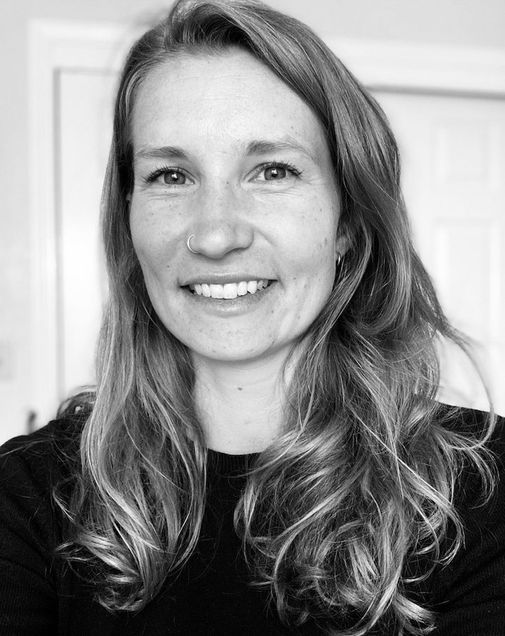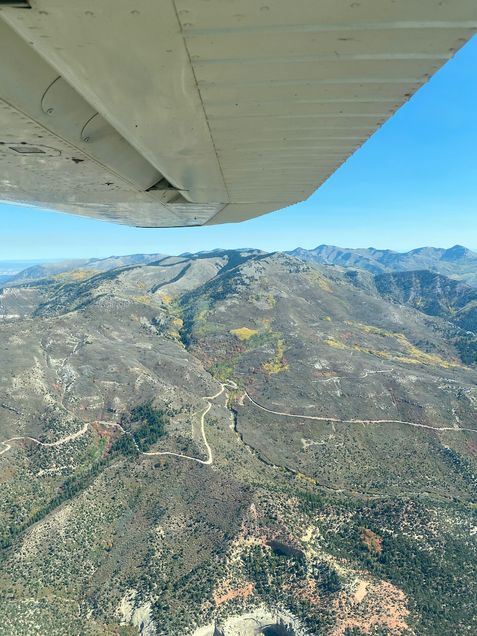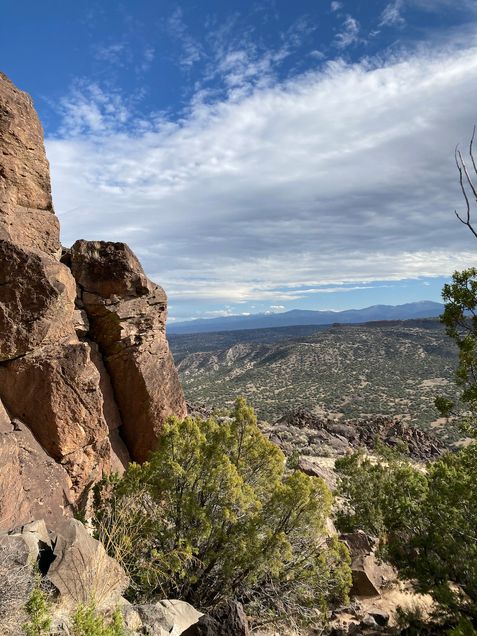Boston University’s Nominee Selected For Humanities Without Walls Fellowship
Alyssa Kreikemeier (PhD candidate, American & New England Studies) has been awarded a Predoctoral Career Diversity Fellowship with Humanities Without Walls (HWW) for summer 2021. Kreikemeier was the only BU student to be nominated for this prestigious award. Kreikemeier is a “writer, environmental historian, and educationalist” who focuses on the places and people in the North American West. She will participate in the program’s efforts to “create new avenues for collaborative research, teaching, and the production of scholarship in the humanities, forging and sustaining areas of inquiry that cannot be created or maintained without cross-institutional cooperation.” In her fellowship at HWW, which is based at the Mellon-funded Humanities Research Institute in Urbana, Illinois, Kreikemeier will engage with public humanities leaders in the environmental field, albeit remotely.

The HWW fellowship addresses Kreikemeier’s strong interests in social justice and equity in the North American West, subjects around which her work revolves. Whether it’s tension around the celebration of Spanish reconquest in the Fiestas de Santa Fe or the suppressed indigenous relationships with air and land, there are ongoing oppressions in the West that are “crucial to understand,” according to Kreikemeier. “Relationships with the air have changed,” she says. This history is intertwined with the “longstanding memory and connection” that indigenous people have with their native land. While many American policies are a detriment to indigenous cultures, some policies have been resourcefully used in indigenous resistance to colonialism as well. As Kreikemeier notes, currently, indigenous communities throughout the Mountain West are “using the Clean Air Act and other federal protections for environmental management to advance their own sovereignty.” Efforts by indigenous people to reclaim land, culture, and their ways of life are not only happening in the West. As Kreikemeier says, “it’s crucial to understand that these indigenous fights are happening everywhere.” The Humanities Without Walls Fellowship provides a scholarly community for interdisciplinary scholars like Kreikemeier, encouraging the pursuit of public-facing projects like hers.

Beyond academia, Kreikemeier has a longstanding personal connection to the North American West. The “incredibly winding path” that led her work towards the field of environmental humanities is an important context for understanding the genesis of her academic interests. Hailing from a farm in Montana, Kreikemeier moved to Santa Fe, New Mexico after her undergraduate studies at Montana State University. Then, Kreikemeier came to the Northeast to pursue a master’s degree in Intercultural Exchange at Harvard’s Graduate School of Education. It was being in a new region that helped her to see differences between the US West and the East that some scholars tend to overlook.
Kreikemeier’s interest in regional differences was inspired by her attention to the distinct atmospheric qualities. For example, Kreikemeier noticed that the air temperature in the mornings tends to be much warmer in the Northeast than it does in the West. This observation, rooted in the physical environment, has influenced her humanities work. Kreikemeier sees deep engagement with the environment as something that she “would put [her] life on the line for,” rather than simply an academic pursuit, and she continues to return to the deep history of the American West’s mountains as a scholar, educator, and activist.
The HWW fellowship will help Kreikemeier advance her career in interdisciplinary studies. Fostering interdisciplinary exchange is something that Kreikemeier thinks is “desperately needed in the academy,” as well as in her field and in everyday life. She finds studying between the margins of the humanities and environmental culture exciting, especially “in this incredible moment we’re currently living in.” In her work with schools, artists, and nonprofits, she loves to study the relationship between communities and their environments from many different perspectives—a practice she calls the “living environmental justice movement.” Having a transdisciplinary perspective is not only important for her professional life, but necessary in the world politically and essential to her personally. Working across disciplines is especially useful given the pressing need to recognize disinformation campaigns, to understand opposite opinions, and to make compromises. According to Kreikemeier, “the ability to ground arguments and engage with arguments that are different than yours, and being able to deconstruct and analyze where someone is coming from even if you disagree,” is an urgent necessity.

In her future work, Kreikemeier will continue to advocate for community engagement and dialogue in education. She aspires to work with the “youth who are leading the way” of the future, doing her own research as well as working with communities to promote sustainable and environmental interdisciplinary teaching. She also finds it very important to work with North American Western states and tribes to repair relationships and find common ground. Bridging distinct constituencies is HWW’s goal. Fellows connect and work with leaders in their industries, which Kreikemeier considers to be important. Someday, Kreikemeier would love to collaborate with Trevor Paglen, a public artist challenging US imperialism using photography, or Krista Tippett, whose podcast On Being starts important public conversations through radio. Kreikemeier’s main goal is to continue the “urgent and pressing” conversations about environmental history in the North American West, no matter the outlet.